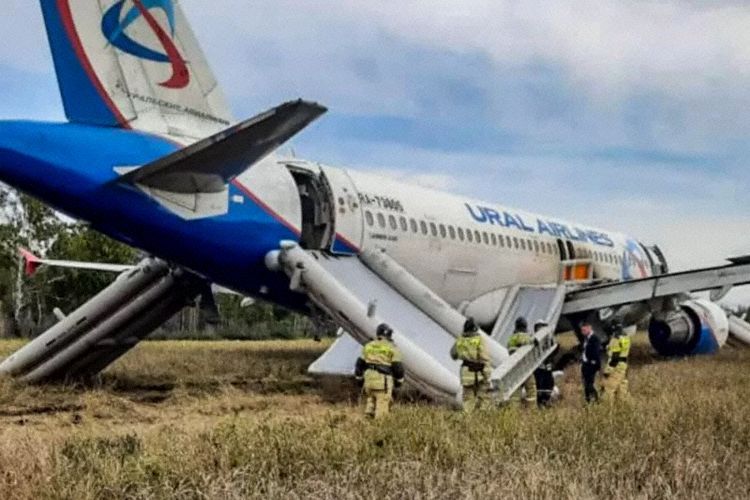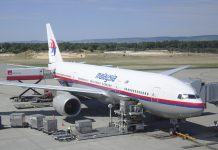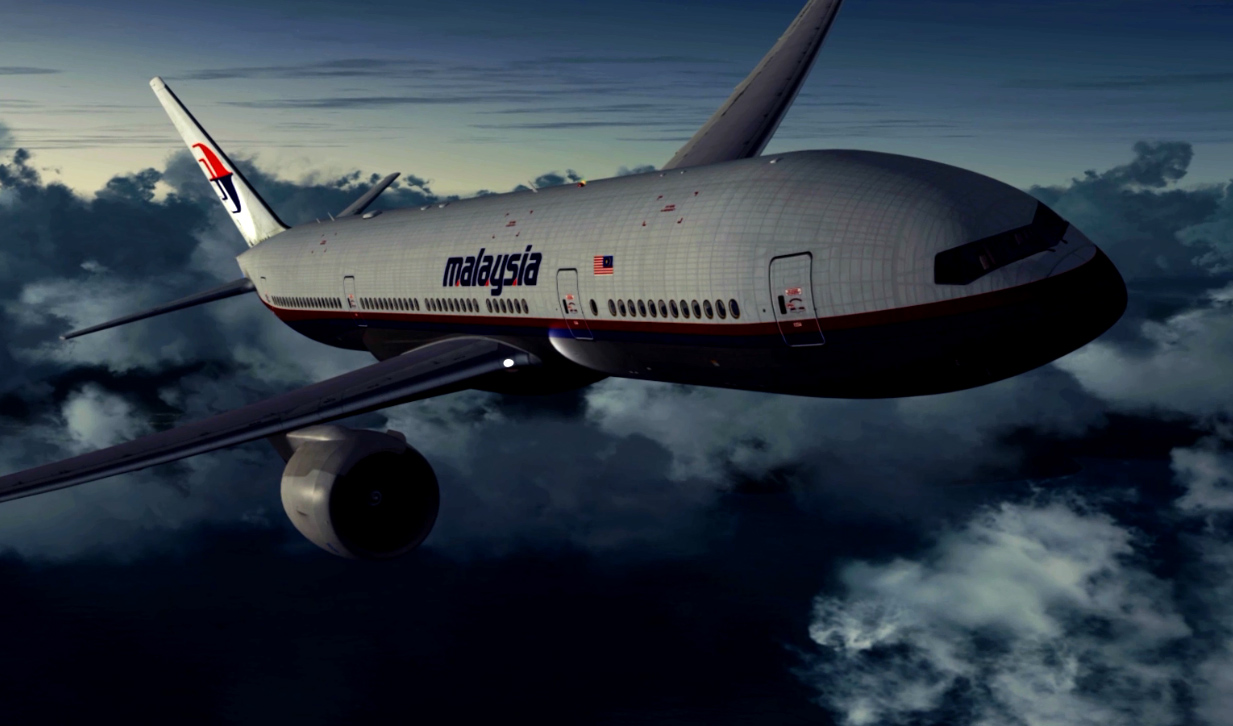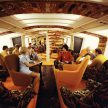The US has issued a “do not travel” warning to parts of Italy and South Korea and joined countries such as Australia in restricting travel to Iran because of the coronavirus.
The upgraded warnings were issued Saturday after the first death was recorded in the United States and researchers warned the virus may have been spreading in Washington state for weeks.
The Iranian restrictions mean US citizens or permanent residents must return to the US through an approved airport.
Foreign nationals who have traveled to Iran in the previous 14 days are banned from entering the country.
President Donald Trump also announced travelers would be screened prior to boarding on flights to the US from high-risk countries.
The restrictions came as American Airlines announced it was suspending operations to and from Milan, Italy, from New York and Miami until April 25 due to a reduction in demand.
Air New Zealand announced it was reducing flights to Samoa to comply with requests from the Samoan Health Ministry, which now requires all passengers to carry a medical certificate indicating they are well and able to travel.
In Europe, the Lufthansa Group said it was reducing short-haul operations by 25 percent in the coming weeks due to the accelerated spread of the coronavirus and its economic consequences.
The group is also continuing to reduce long-haul services and the number of long-haul aircraft currently not in operation has risen from 13 to 23.
The total confirmed COVID-19 cases worldwide continued to rise to 86, 986 as of March 1, according to live updates by Johns Hopkins University, with 2979 dead.
READ: Air travel seen as safe as coronavirus spreads.
This includes 17 deaths and 3,526 cases in South Korea and 1,258 cases and 29 deaths in Italy.
However, almost half of those infected worldwide have recovered, including more than 31,500 people in China’s Hubei province where the disease began.
A 78-year-old Perth man who spent time on the Diamond Princess cruise ship became the first Australian to die of the disease. Australia has 27 cases of the disease, which has been likened to the 1917 Spanish Flu.
Government officials around the world have been calling on people not to panic and the World Health Organization, which upgraded its warning on the coronavirus, has yet to label it a pandemic.
The disease has a lower fatality rate than the 2003 SARS epidemic but has spread further and kills more people than normal flu.
It has caused financial markets to plummet and is having a significant effect on airlines and the travel industry due to lower demand.
Airlines have been upgrading their disinfection procedures and monitoring of passengers in response to the disease and have cut back or suspended flights to countries such as South Korea and China.
Some airlines are no longer offering hot towels, pillows and blankets and have changed the way they prepare and deliver meals.
And the angst among travelers appears to be increasing: a Canadian family was reportedly kicked off an Air Transat flight in Canada because their coughing child caused alarm amongst passengers.
This was despite the fact two doctors gave the 21-month-old approval to travel.
























